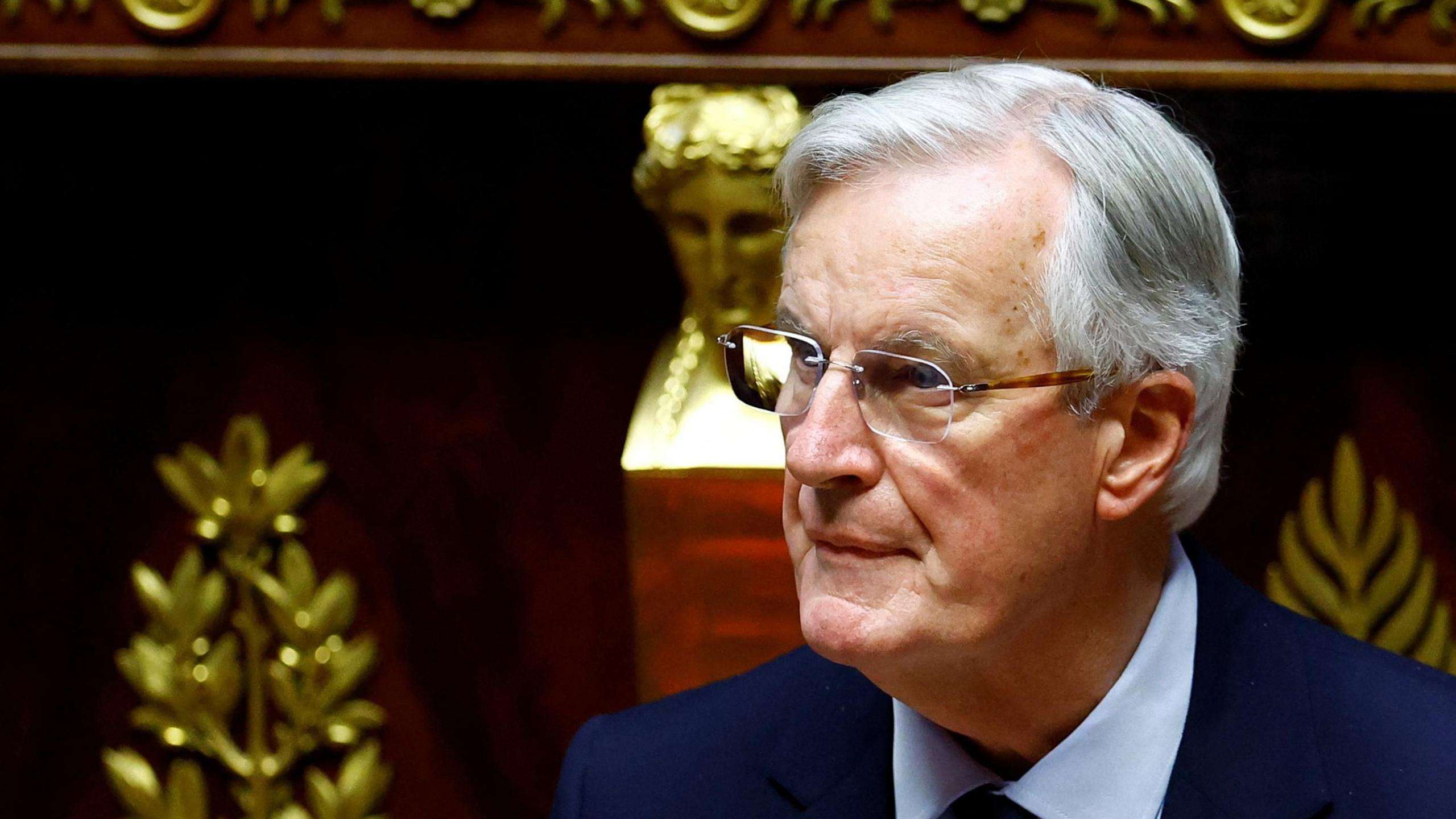French Prime Minister Michel Barnier Ousted In Historic No-Confidence Vote

In a dramatic turn of events, French Prime Minister Michel Barnier has been removed from office after the National Assembly passed a motion of no confidence, marking the first such vote since 1962. A total of 331 lawmakers out of the 577 in the lower house united to oust Barnier’s minority government, a coalition formed by an unlikely alliance between left-wing parties and the far-right National Rally (RN).
The vote plunges France into political uncertainty as the nation grapples with efforts to reduce its soaring budget deficit. Marine Le Pen, leader of the RN, spearheaded the motion, accusing Barnier of exacerbating France’s economic challenges since his appointment in September. “The French have had enough,” Le Pen declared, criticizing the government’s handling of fiscal policy.
The no-confidence vote has already rattled financial markets. Investors have reacted by offloading French assets, causing a widening of bond spreads and a dip in the euro’s value. Barnier, addressing lawmakers before the vote, defended his government’s budget policy, emphasizing the need for difficult but necessary measures to manage the country’s debt. “Voting me out will not solve the budget issues,” he warned.
Barnier’s €60 billion budget proposal, which included tax increases and spending cuts, became a flashpoint in the political standoff. His reliance on RN support disintegrated over disagreements about the austerity measures, contributing to the collapse of his government.
Barnier accepted the outcome with grace, stating it had been “an honor” to serve as prime minister. He stressed the importance of unity and compromise, saying, “Our capacity to take steps toward each other, above general interest, is what matters most.” Despite his removal, Barnier reaffirmed his commitment to public service and expressed his willingness to work with anyone dedicated to France’s progress.
The crisis follows President Emmanuel Macron’s snap election call in June, which resulted in a deeply fragmented parliament. France now faces the daunting task of forming a new government, with political analysts predicting heightened volatility as parties negotiate new alliances in the coming days.

